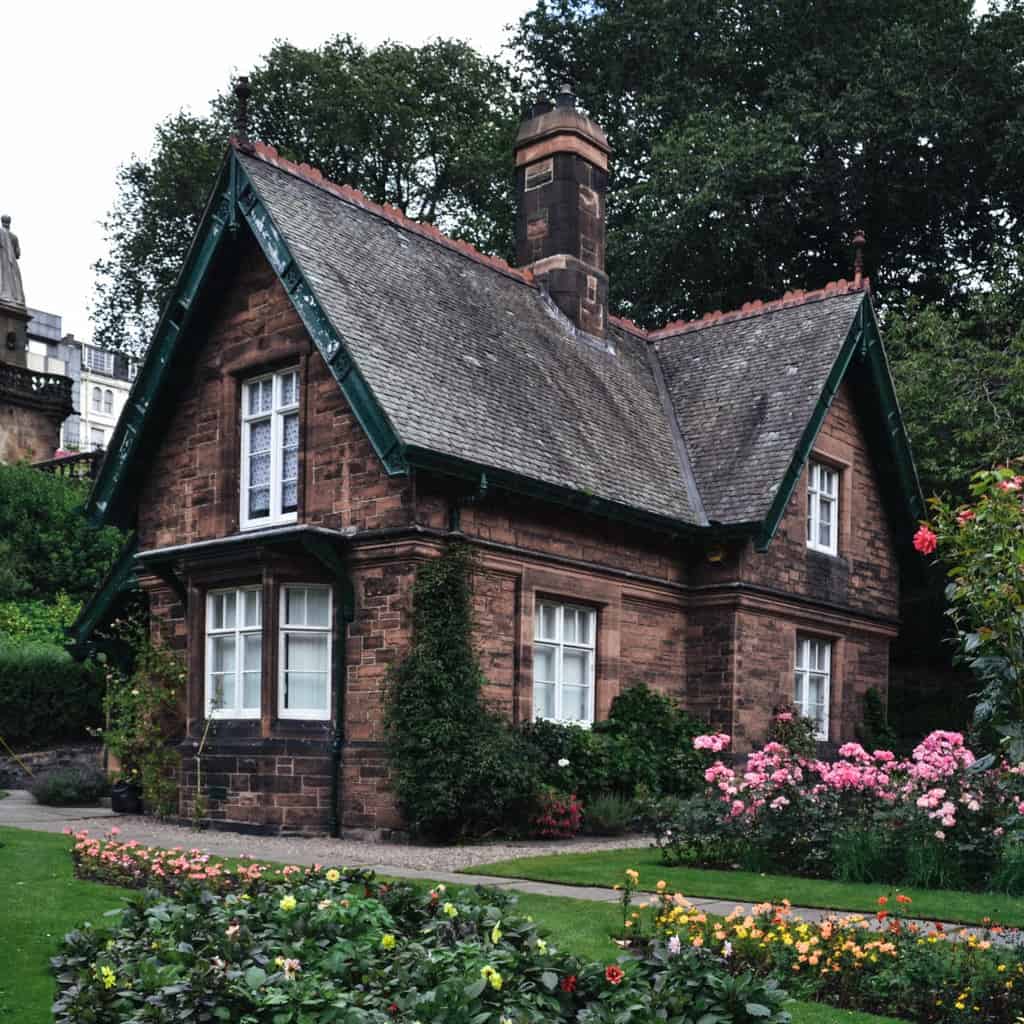Inheriting a property can seem like a blessing at first. However, it is a tricky process that can have many legal and financial consequences.
For a start, you need to understand which taxes are due to pay on the inheritance. Indeed, UK taxpayers face an inheritance tax if the combined value of the deceased’s assets is over £325,000. This will include the property but also all other assets, such as shares and savings. Therefore, even if the property is under the threshold, you may still have to pay your inheritance tax. However, the rule for the primary residence passed on to a direct descendant includes a nil-rate band of £150,000, which comes on top of the £325,000.
Other taxes might be relevant, such as a tax on capital gains if you sell the property at the time or after the inheritance or income taxes for a buy-to-let.
Additionally, you also have to consider the stamp duty on the property and the transfer of ownership. These can be part of a lengthy process, which legal advisors can help you understand. In other words, inheriting a property requires a complex administrative procedure during which you can decide what you want to do with the property.
Is the property still under mortgage?

When a property is under a mortgage, money lenders allow for a period during which payments are frozen until the probate is over. This is designed to let you understand the financial situation to make an informed decision. For instance, you might find out that the deceased’s life insurance can clear the mortgage, or you may choose to sell assets to pay off the mortgage.
Alternatively, you can request the mortgage loan to be transferred to you. This can allow you to refinance the loan as the situation of the borrower is different. Some money lenders will be happy to discuss changes.
Finally, you can choose to sell the property to pay off the mortgage. If you do this, you can use the money you receive from the sale after the mortgage has been paid off as you wish. You might even want to speak to experts about property investments elsewhere that would net you better yields than you would have received if you’d held onto inherited property.
Do you want to rent it?
You might consider becoming a landlord. For UK-based properties, it’s worth becoming familiar with the legal responsibilities of landlords, especially if you wish to manage the property yourself.
If the property is abroad, it can be worth reaching out to specialist real estate agents, such as Caroline Olds Real Estate, for luxury properties in Monaco, for example. The real estate agent will oversee the property management at all times, essentially running and maintaining it on your behalf.
Do you want to move in?
Moving into the property can help you get on the property ladder, especially if you are not a homeowner yet. However, transforming someone else’s house into your home often requires additional improvement work. The most popular home improvements in the UK include a kitchen remodel, a garden makeover, and a new bathroom project. These renovations are often essential to ensure the house is equipped for your family. Old kitchens and bathrooms are not only unsafe, but they can also get uncomfortable and costly. Similarly, an overgrown garden requires targeted maintenance to become a family-friendly paradise. In other words, if you are ready to move in, you need to make sure you can afford to pay for necessary renovations without breaking the bank.
What are you going to do with your inherited property? Everybody has different aspirations and plans. While selling can be the quickest and easiest option, more and more families choose to keep the property for future investments.

